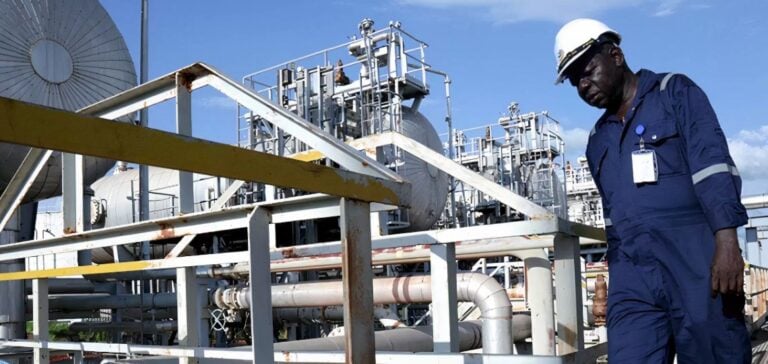South Sudan’s oil production, halted since February 2024 due to damage to a key pipeline connecting the country to Sudan, may soon resume. According to an official letter dated December 19 and signed by Kon John Akot, Director General of the Petroleum Authority, oil blocks 3 and 7 are expected to be operational again as of December 30, 2024. This announcement underscores the economic and political urgency for a country where oil accounts for nearly 90% of exports.
However, major obstacles remain. A communication from the Dar Petroleum Operating County (DPOC) consortium, dated December 23, revealed that several critical issues still need to be resolved before production can effectively restart. The damaged pipeline, crucial for transporting crude oil, symbolizes the region’s infrastructural and geopolitical vulnerabilities.
A Vital Sector Under Pressure
South Sudan’s economy, already weakened by years of internal conflict and heavy reliance on oil, has been severely impacted by the production halt. The export disruption exacerbated a monetary crisis, leading to soaring inflation and a collapse of the South Sudanese pound against the dollar. For a country where the majority of its 12 million citizens live below the poverty line, the resumption of oil production is seen as a glimmer of hope.
Nonetheless, the management of oil revenues remains a significant challenge. Transparency International ranks South Sudan among the most corrupt nations globally, at 177th out of 180. Oil wealth has historically been used to fund political ambitions and personal enrichment, rather than benefiting the population.
Ongoing Dependence on Sudanese Infrastructure
Despite gaining independence in 2011, which allowed South Sudan to claim 75% of the former unified Sudan’s oil reserves, the landlocked nation remains heavily dependent on its neighbor’s infrastructure for oil exports. This dependence complicates the situation, as Sudan itself grapples with a prolonged armed conflict.
Before the production halt, the country was producing approximately 150,000 barrels of crude oil per day, according to the BP Statistical Review of World Energy. Restoring this production capacity could redefine the local economic and political dynamics. However, regional cooperation stability remains a key factor.
Uncertain Prospects
While the Ministry of Petroleum has expressed optimism, delays in coordination within the DPOC consortium highlight the complexity of the situation. The letter dated December 23 emphasized the need for further discussions before any final decisions are made. These uncertainties add to the pressure on South Sudanese leaders to provide sustainable and transparent solutions.
The effective resumption of oil production could be a turning point for South Sudan, offering an opportunity to revitalize its economy. However, this revival will depend on overcoming technical and geopolitical challenges, as well as improving governance of the country’s resources.





















